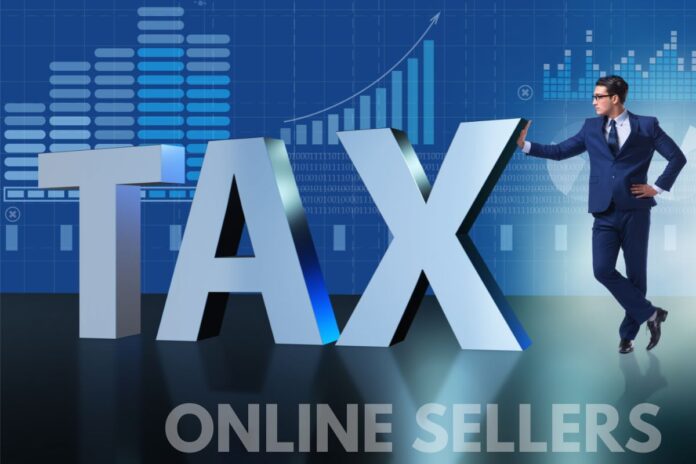People parting with unwanted Christmas gifts are in the clear, but others might not be…
From 1 January, online platforms must share sellers’ data with HM Revenue & Customs (HMRC).
The move to tell the tax office about numbers and values of sellers’ transactions, plus some personal information, has understandably rattled regular online sellers.
However, HMRC has confirmed that there are no changes to tax rules for people selling “their unwanted possessions online.”
People can continue to do so with confidence and without any new tax obligations, it says.
“We cannot be clearer, if you are not trading and just occasionally sell unwanted items online, there is no tax due,” added Angela MacDonald from HMRC.
Nevertheless, she warned that some people who are trading through websites or selling services online may need to be paying tax and registering for Self-Assessment.
What’s the threshold?
People who sold at least 30 items or earned around £1,700 (€2,000) on a website or app in 2024 should be contacted by the relevant digital platform this month.
They will be warned that their sales data and some personal information will be sent to HMRC under new legal obligations.
The sharing of sales data does not automatically mean the individual needs to complete a tax return, says HMRC.
However, those who may need to register for Self-Assessment and pay tax include people who “buy goods for resale or make goods with the intention of selling them for a profit.”
People generating a total income from trading or providing services online of more than £1,000 before deducting expenses in any tax year may also need to register.
HMRC says it is working alongside online platforms to ensure sellers receive clear guidance on their tax responsibilities.
Anyone who’s unsure if their additional income is taxable can search ‘online platform income’ on Gov.UK to use HMRC’s free online tool.

















